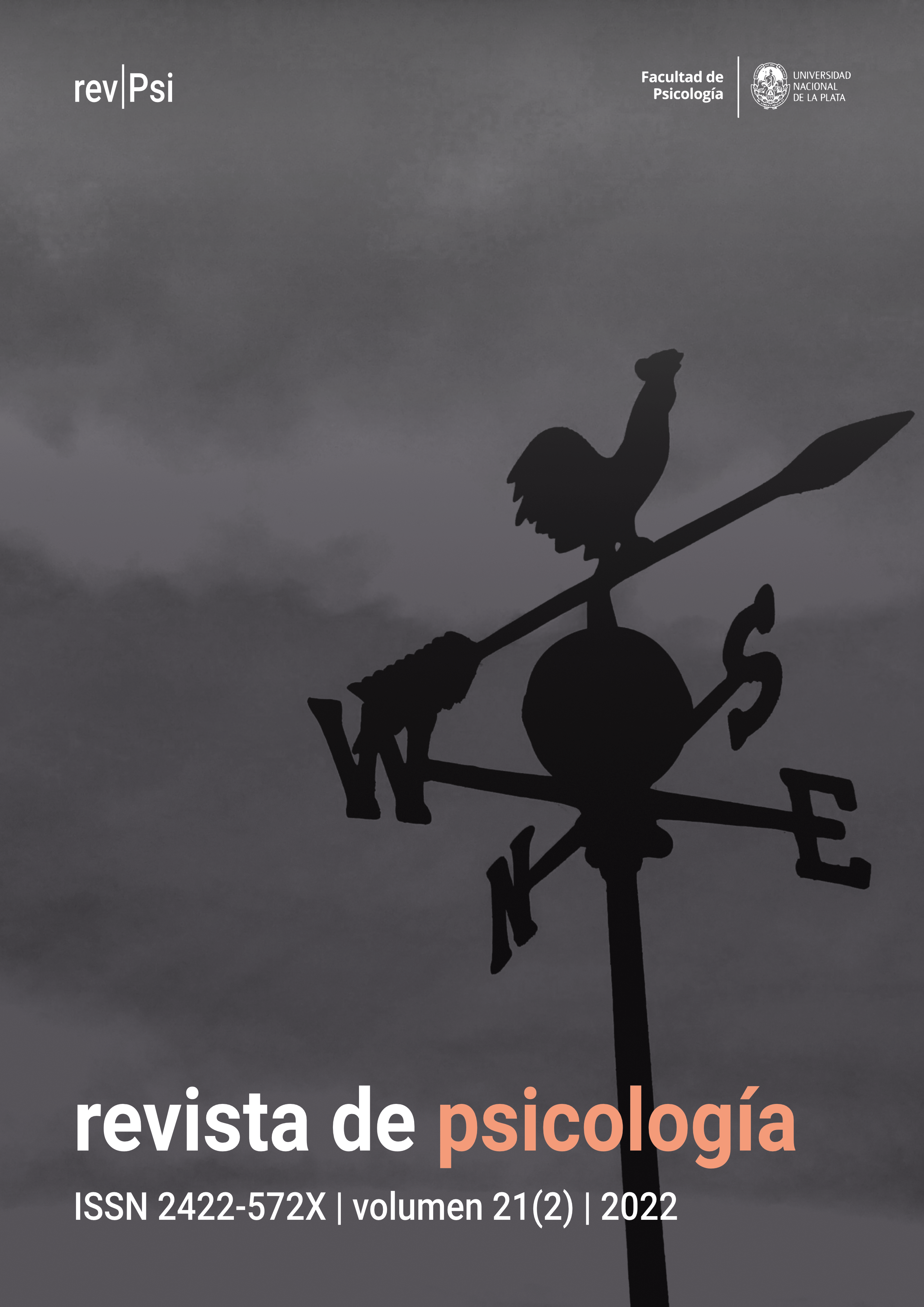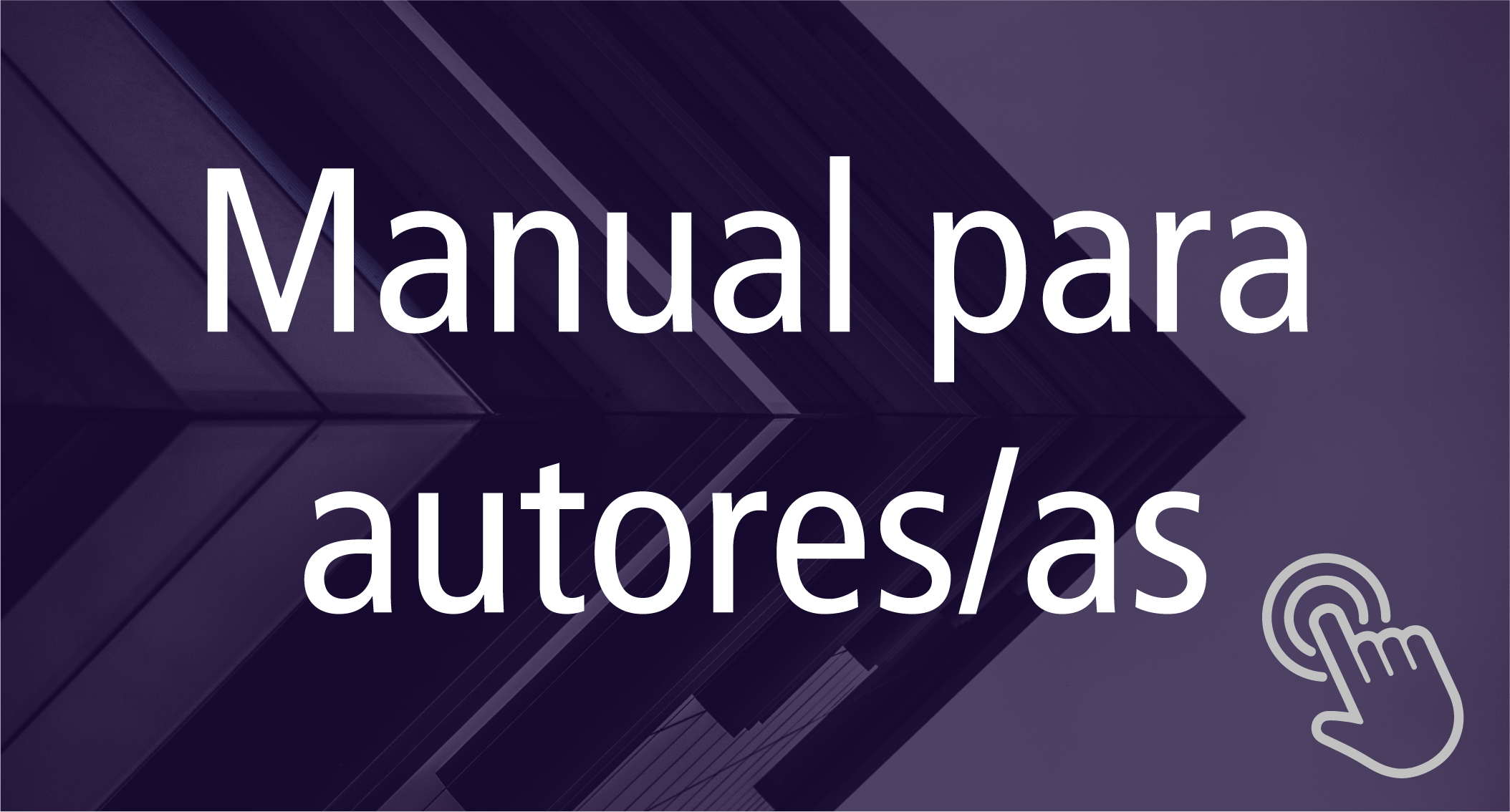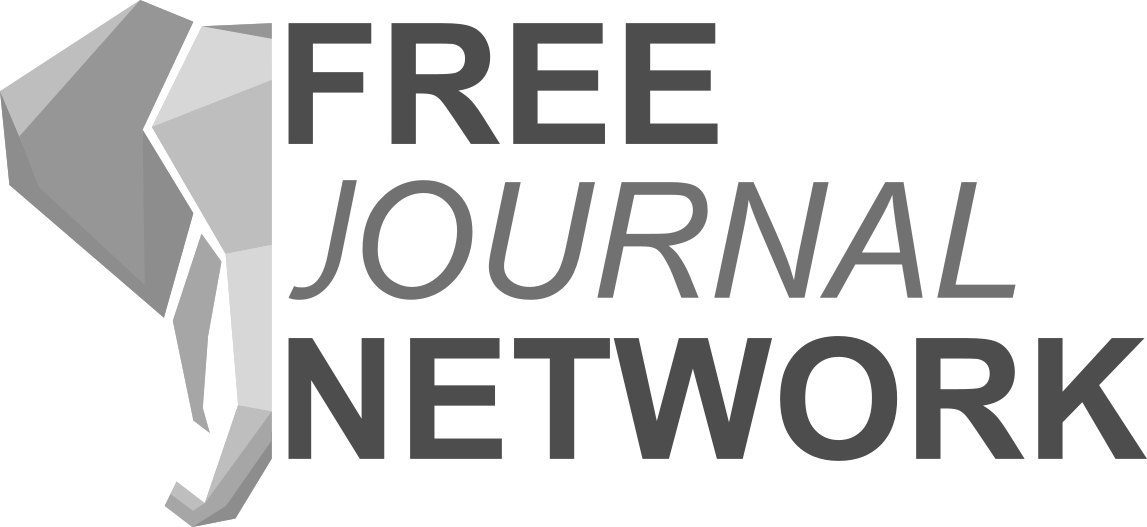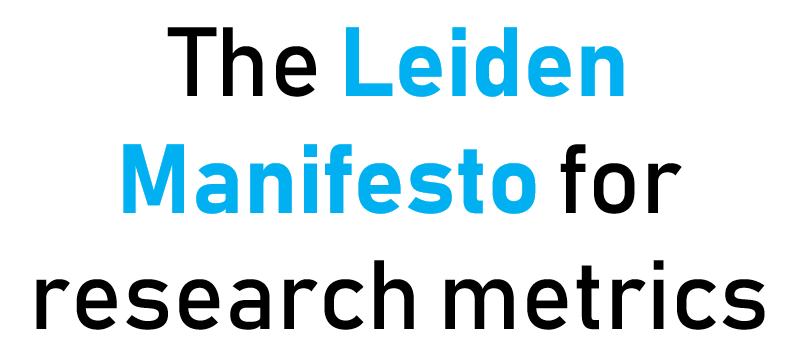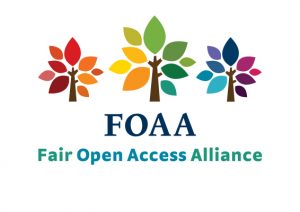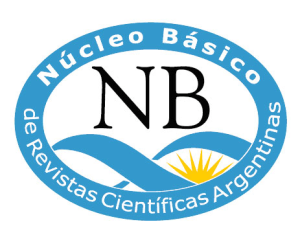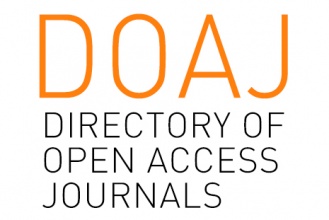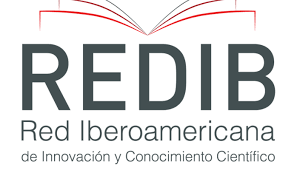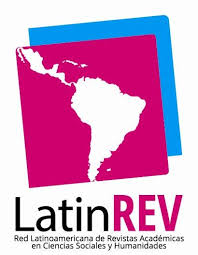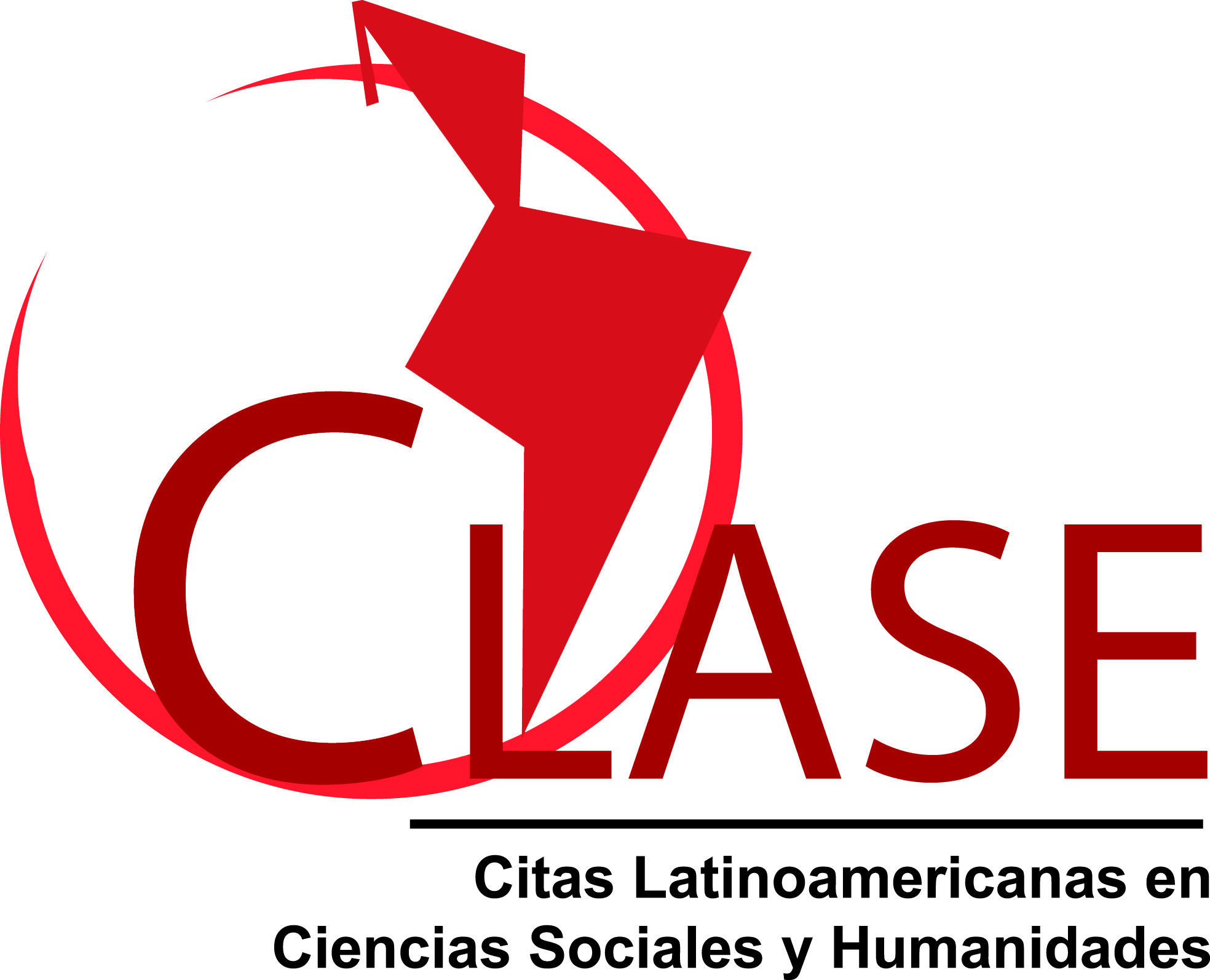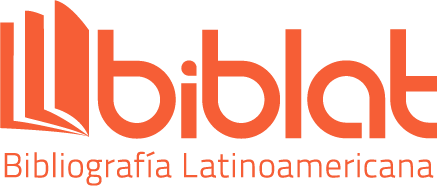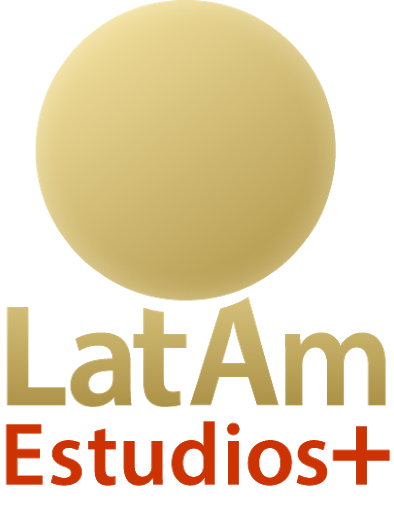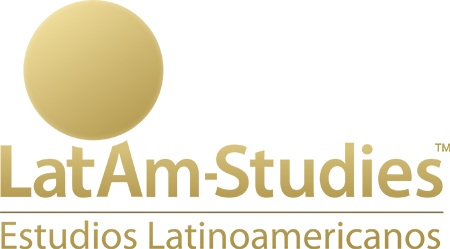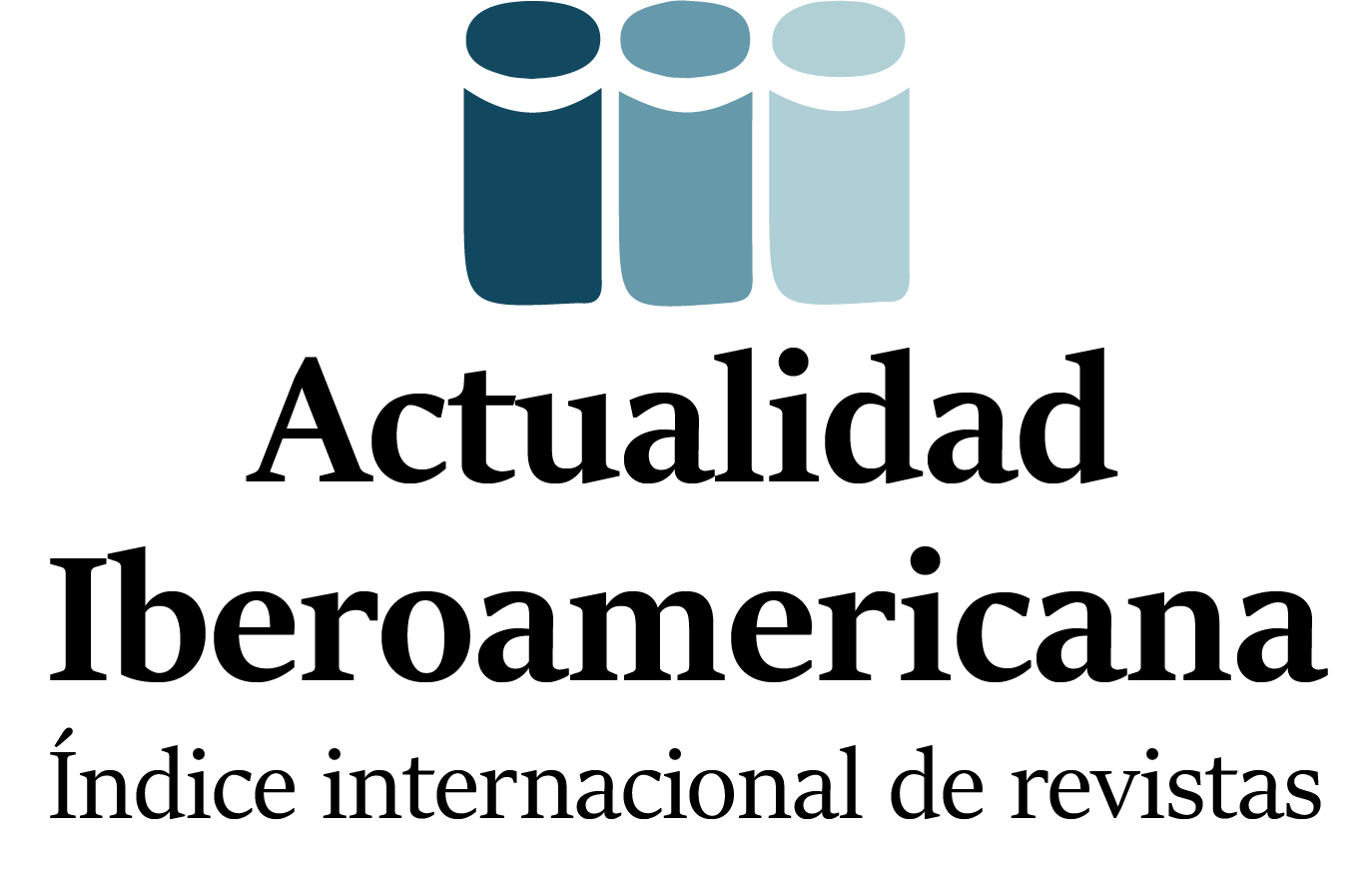The importance of decolonial narratives: the caso of organizational psychology in Rio de Janeiro.
DOI:
https://doi.org/10.24215/2422572Xe147Keywords:
decolonization, history of psychology, organization psychology, historiographyAbstract
This paper discusses the importance of decolonial narratives, in particular in the field of history of psychology. We consider the initial results of a recently published empirical study investigating the different styles of management within the scope of labor in Rio de Janeiro between 1949 and 1965 through the analysis of the publications of the journal Arquivos Brasileiros de Psicologia. Results pointed to an inadequacy between the interpretations of the management styles that operate, on the one hand, in the Anglo-North American scenario and, on the other, in Rio de Janeiro. The discussion of this article focuses on this inadequacy, highlighting differences between how colonial and decolonial narratives conceive the relationship between empirical data and intelligibility matrices and the historiographical and methodological consequences of this relationship.
Downloads
Metrics
References
Boring, E. G. (1929/1950). A history of experimental psychology (2da ed.). Appleton-Century-Crofts.
Bonfim, A. (1953). Relações humanas e produtividade. Arquivos Brasileiros de Psicotécnica, 5(4), 83-91.
Brock, A. (2006). Introduction. Em A. Brock (Ed.), Internationalizing the history of psychology (pp. 1-15). New York University Press.
Carvalhaes, J. (1960). Alguns fatores psicológicos da produtividade. Arquivos Brasileiros de Psicotécnica, 12(1), 77-82.
Cordeiro, L. y Frost, C. (1960). A função de liderança na supervisão de operários. Arquivos Brasileiros de Psicotécnica, 12(1), 65-69.
Despret, V. (2018). ¿Qué dirían los animales si hiciéramos las preguntas correctas? Cactus.
Engel, M. G. (2001). Os delírios da razão: médicos, loucos e hospícios. Fiocruz.
Ferreira, A. A. L., Santos, M. V. A. G., Monteiro, G. G. y Fonseca, L. E. P. (2020). Governamentalidade e práticas psicológicas: modos de gestão nos artigos brasileiros de psicologia do trabalho (1949 a 1965). Arquivos Brasileiros de Psicologia, 71(3), 64-87.
Fonseca, L. E. P. (2020). Os (Des)caminhos da Psicologia no século XX: Um estudo sobre a história do Instituto de Psicologia da UFRJ. Tese de doutorado inédita. Programa de Pós-Graduação em História das Ciências, das Técnicas e Epistemologia, Universidade Federal do Rio de Janeiro.
Fonseca, L. E. P., Rosa, H. L. R. S. y Ferreira, A. A. L. (2017). Yes, nosotros tenemos a Wundt: Radecki y la historia de la psicología en Brasil. Tesis Psicologica, 11, 36-53.
Freitas, E. (1960). Dinâmicas da personalidade: fatores culturais na motivação da conduta humana. Arquivos Brasileiros de Psicotécnica, 12(3), 71-76.
Latour, B. (2004). How to talk about the body: The normative dimension of science studies. Body & Society, 10(2-3), 205-229.
Madariaga, J. C. (2018). El zapato de Cenicienta: outra versión de los inicios de la psiquiatria en Chile. Revista de Historia de la Psicología, 39(1), 24-30.
Pickren, W. E. (2012). Water of March (Águas de Março): circulating knowledge, transforming psychological science and practice. En. Lourenço, E.; Assis, R. M. de; Campos, R. H. F. (Eds.), História da psicologia e contexto sociocultural – pesquisas contemporâneas, novas abordagens (pp. 17-46). PUC Minas.
Rosa, H. L. R. S. (2020). O burburinho das almas: querelas e outras histórias da psicologia brasileira. Tese de doutorado inédita. Programa de Pós-Graduação em História das Ciências, das Técnicas e Epistemologia, Universidade Federal do Rio de Janeiro.
Rose, N. (1999). Governing the soul: The shaping of the private self. Free Association Books.
Downloads
Published
How to Cite
Issue
Section
License
Copyright (c) 2022 Marcus Vinícius do Amaral Gama Santos, Arthur Arruda Leal Ferreira

This work is licensed under a Creative Commons Attribution 4.0 International License.
![]()
Authors who publish in this journal accept the following conditions:
- Authors retain the copyright and assign the right of first publication to the journal, with the work registered under a Creative Commons attribution license (CC-BY), which allows third parties to use what is published whenever they mention the authorship of the work and the first publication in this magazine.
- Authors can make other independent and additional contractual agreements for the non-exclusive distribution of the article published in this journal (e.g., include it in an institutional repository or publish it in a book) as long as they clearly indicate that the work was published for the first time in this magazine.
- Authors are allowed and encouraged to publish their work on the Internet (e.g., on institutional or personal webpages) before and during the review and publication process, as it can lead to productive exchanges and greater and faster dissemination of published work (see The Effect of Open Access ).

